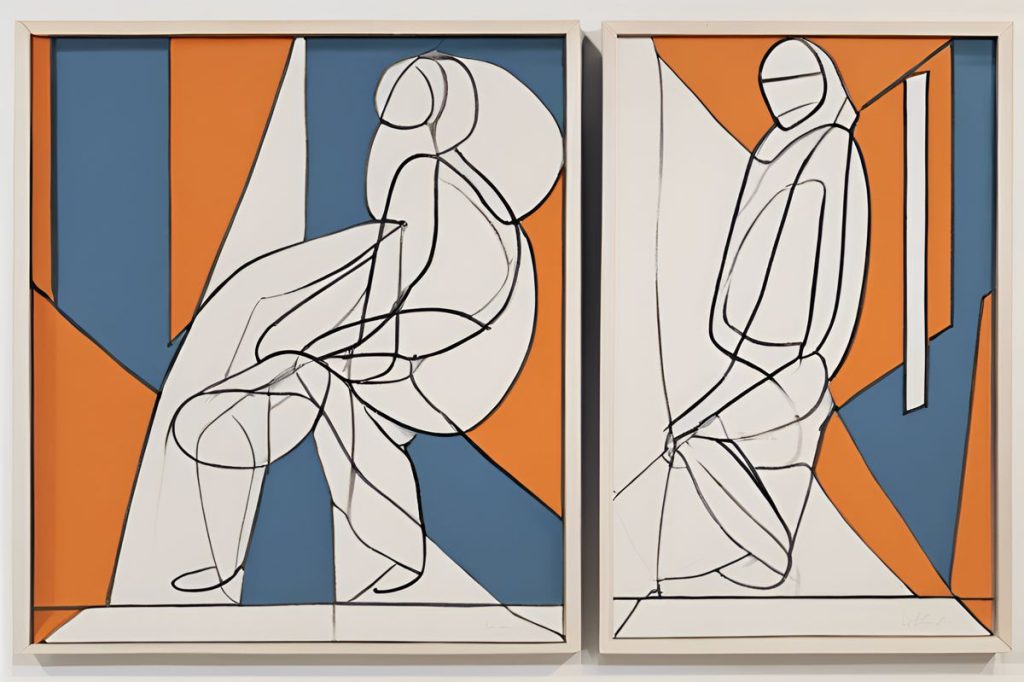The Gaming & Casino Supervision Commission board allowances have raised eyebrows due to the high rates of €800 for regular members and €1,000 for the chairman, far exceeding typical public service stipends. With only nine meetings held last year, questions have been raised about the fairness and stewardship of public funds in this two-tier remuneration system.
Why are Gaming Commission Board allowances causing concern?
Board members of the Gaming & Casino Supervision Commission receive unusually high allowances, with regular members getting about €800 monthly and the chairman €1,000 monthly. These rates are significantly higher than typical public service meeting stipends, which range from €70 to €80. With only nine meetings held last year, this discrepancy has sparked scrutiny and debates on public funds stewardship.
Unveiling the Numbers: A Matter of Fairness?
Amid the bustling life of public officials, a financial discrepancy comes to light that has prompted lawmakers to raise their eyebrows. At a recent House finance committee session, a startling revelation was made: members of the board on the Gaming & Casino Supervision Commission are receiving allowances that far exceed what is typical for similar positions in public service. Regular board members are granted about €800 monthly, while the chairman tops it off with €1,000. These figures represent the average monthly earnings over a year, rooted in attendance at meetings rather than a fixed salary.
The disparity becomes more pronounced when juxtaposed with the stipends of other public body board members, who receive a modest €70 to €80 per meeting. Scrutiny intensified when it was unveiled that the board had convened a mere nine times in the previous year, with a five-month stretch devoid of any meetings whatsoever. This arrangement, set by a cabinet decision in February 2017, deviated from the norm established for public body remuneration and was not publicized at the time.
Questioning the Quotas: Scrutiny from the Auditor-General’s Office
The auditor-general’s office aired concerns about what they termed a ‘two-tier system’. This system seemingly privileges the gaming commission with remuneration echoing that of a full-time role, despite their function as overseers being part-time in nature. This is further compounded by the commission members being beneficiaries of social insurance customarily reserved for permanent government staff.
The board, however, did not stand defenseless. Representatives from the commission highlighted the organization’s swift and successful establishment of the first casino within a year, despite initial setbacks such as a lack of office space and staff. This feat, according to Harris Tsangarides, the commission’s executive director, contributed significantly to the state treasury, with only a third of the €27.6 million collected revenues allocated to the commission itself.
Looking Ahead: The Commission’s Stance and Economic Impact
Tsangarides, in a demonstration of commitment, professed that board members would persist in their roles regardless of future remuneration decisions, even if it means working without pay. This declaration came alongside an optimistic forecast that identified an expected surge in gaming receipts, reaching a projected €2.5 billion for the current year, a notable increase from the previous €1.8 billion. These operations significantly contribute to the local economy, providing employment for roughly 2,000 individuals in the casino sector.
Meanwhile, the cabinet’s willingness to reconsider the 2017 decision on remuneration suggests a possible realignment with broader public sector compensation policies. The debate over appropriate compensation reflects a broader discussion on governance, transparency, and the wise stewardship of public funds.
Why are Gaming Commission Board allowances causing concern?
The Gaming & Casino Supervision Commission board allowances have raised concerns due to the high rates of €800 for regular members and €1,000 for the chairman, exceeding typical public service stipends. With only nine meetings held last year, questions have been raised about the fairness and stewardship of public funds in this two-tier remuneration system.
What has prompted lawmakers to raise their eyebrows regarding the Gaming Commission Board allowances?
Lawmakers have expressed concern after discovering that members of the Gaming & Casino Supervision Commission are receiving allowances far exceeding what is typical for similar positions in public service. Regular board members receive about €800 monthly, while the chairman receives €1,000 monthly. This discrepancy has raised questions about the fairness and stewardship of public funds.
What concerns have been raised by the auditor-general’s office regarding the Gaming Commission Board allowances?
The auditor-general’s office has raised concerns about what they have termed a ‘two-tier system’ in remuneration for the Gaming & Casino Supervision Commission board members. Despite their oversight role being part-time in nature, the commission members are receiving allowances similar to a full-time position. This disparity, along with the benefits of social insurance typically reserved for permanent government staff, has come under scrutiny.
How does the Gaming Commission Board plan to address the concerns raised about their allowances?
The Gaming & Casino Supervision Commission board members have expressed commitment to their roles regardless of future remuneration decisions, even if it means working without pay. They have also highlighted the significant economic impact of their operations, contributing to the local economy and providing employment in the casino sector. The cabinet’s willingness to reconsider the 2017 decision on remuneration suggests a possible realignment with broader public sector compensation policies.

